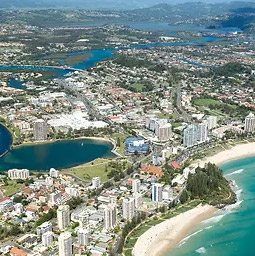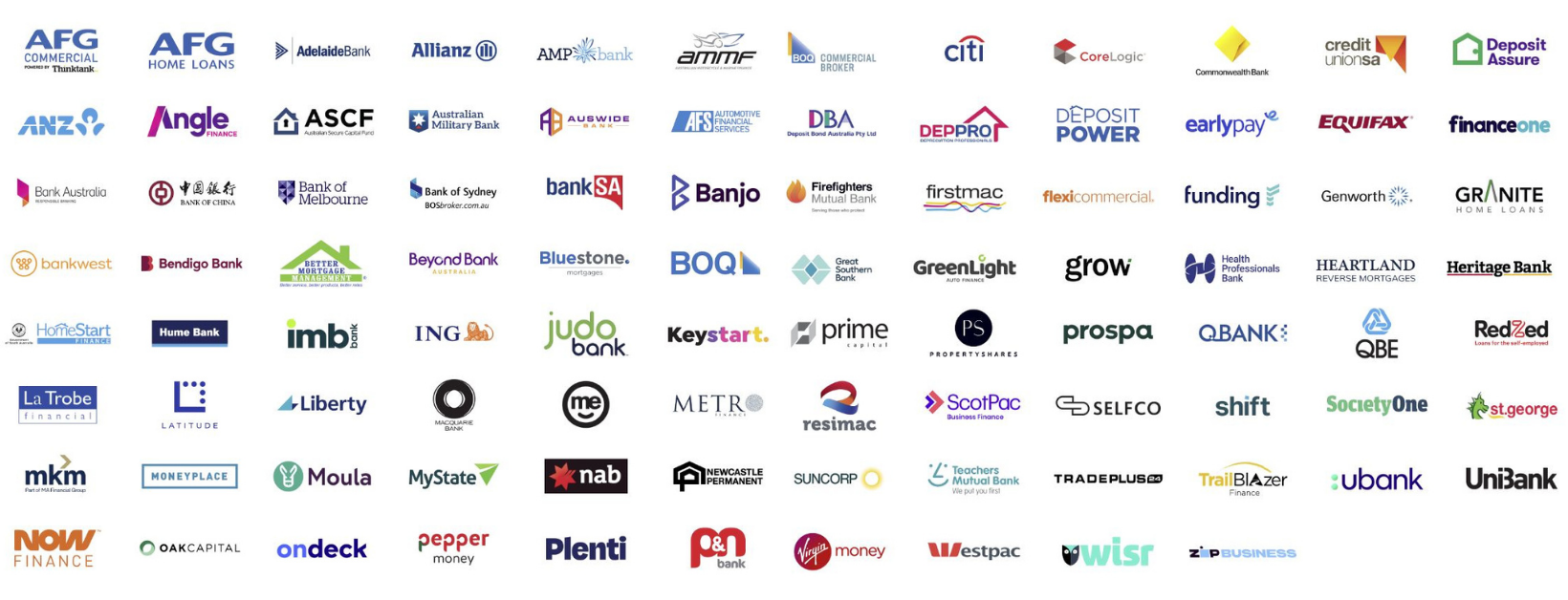Often people who are self-employed might not have the traditional documentation needed for a loan and it can usually be seen as harder to get a loan. At Davies home loans we are experienced in self-employed loans and have the knowledge to get you a loan that suits your needs.
There are plenty of options out there for self employed workers who are seeking finance whether it be for a home loan, business loans, or for commercial property. Here are a few things to keep in mind when you’re looking for a loan as a self-employed individual:
1. Make sure you have good credit
One of the most important factors in getting approved for a loan is your credit score. If you have good credit, you’re more likely to be approved for a loan with favourable terms.
2. Be prepared to answer questions about your income
Lenders will want to know how much money you make and where it comes from before they approve you for a loan. Be prepared to provide tax returns, bank statements, and other documentation that can show your self-employed income.


16+ Years Of Experience
3. Have a plan for how you'll use the loan.
Lenders will want to know what you need the money for and how you plan on repaying the loan. Be prepared to answer these questions before you apply for a loan.
Self-employed loans can be a great way to get the financing you need, The first step is speaking to our Davies Home Loans team to make sure you get the best deal possible.
TRUSTED BY SMALL BUSINESS OWNERS
Self-employed/sole trader mortgage
Plenty of options are available to self-employed borrowers. Here are a few things to keep in mind to ensure you have the correct documentation and resources needed when applying for your loan.
1. Document your income
When you’re self-employed, lenders will want to see documentation of your income. This can include tax returns, financial statements from your business, and other records that show how much money you’re bringing in. Be prepared to provide this information when apply for a mortgage.
2. Consider alternative types of mortgages
There are several types of mortgages available, and some may be more suited to self-employed borrowers than others.
3. Consult with a mortgage broker
Our mortgage broker can help you navigate the process of getting a mortgage as a self-employed borrower and ensure your documentation is correct. We can then provide advice on which type of mortgage would be best for you, and help you compare interest rates and fees from different lenders.
4. Get pre-approved for a mortgage
Once you have found a lender that you’re comfortable with, it’s a good idea to get pre-approved for a mortgage. This way, you’ll know how much money you can borrow and what your monthly payments will be. Getting pre-approved will also be beneficial when it comes time to make an offer on a house.


Tweed Heads Mortgage Brokers
Self-employed low doc loans
What is a low doc loan?
A low doc loan is a type of finance that is specifically designed for people who do not possess the traditional documentation needed for a loan. Self-employed workers sometimes fall into this category as your income may vary and your financial statements might look different.
A low doc loan requires less or alternative documentation than a traditional home loan, making it easier for some self-employed people to qualify.
What do I need to qualify for a low doc loan?
In order to qualify for a low doc loan, you will need to meet the following criteria:
be self-employed
have been self-employed for at least 12 months
have a good credit history
have a verifiable income stream
Loans For Self-employed Tradies
At Davies Home Loans we offer a range of loan options for self-employed business-owning tradies. We have a variety of products that are specifically designed for self-employed clients, including loans for home loans, business expansion, equipment purchases, commercial property and more.
We understand that as a self-employed tradie, your income can fluctuate from month to month. That’s why we offer flexible repayment options that suit your lifestyle and business needs. If you’re self employed and fall into our high-income earner category. Talk with Davies Home Loans in today. Our friendly team can help you find the loan the suit your needs.

Above are Lenders and support businesses available to us, specific accreditations are provided as part of our loan process
How do low doc loans differ from traditional home loans?
The main difference between low doc loans and traditional home loans is the amount of documentation that is required. Low doc loans require less documentation, making them more accessible for people with non-traditional documents. Additionally, low doc loans often have higher interest rates and fees than traditional home loans.
If you are self-employed and looking for a home loan but not sure if you have the correct documentation for a Full doc loan, a low doc loan may be the right option for you. Talk to our mortgage broker today to learn more about your options.

Financial Calculators
When looking to get into the property market or refinancing your home the first step is to determine how much you can borrow. Our Financial Calculators allow you to get an estimate of your borrowing power, compare loans, and calculate your potential repayments.
Borrowing Power Calculator
Determine how much you could borrow based on your income, expenses and other debt.
Loan Comparison Calculator
Enter both your current loan and the new loan amounts, interest rates & fees to compare which loan will suit you.
Loan Repayment Calculator
Calculate your monthly, fortnightly or weekly payments required to pay your loan.
